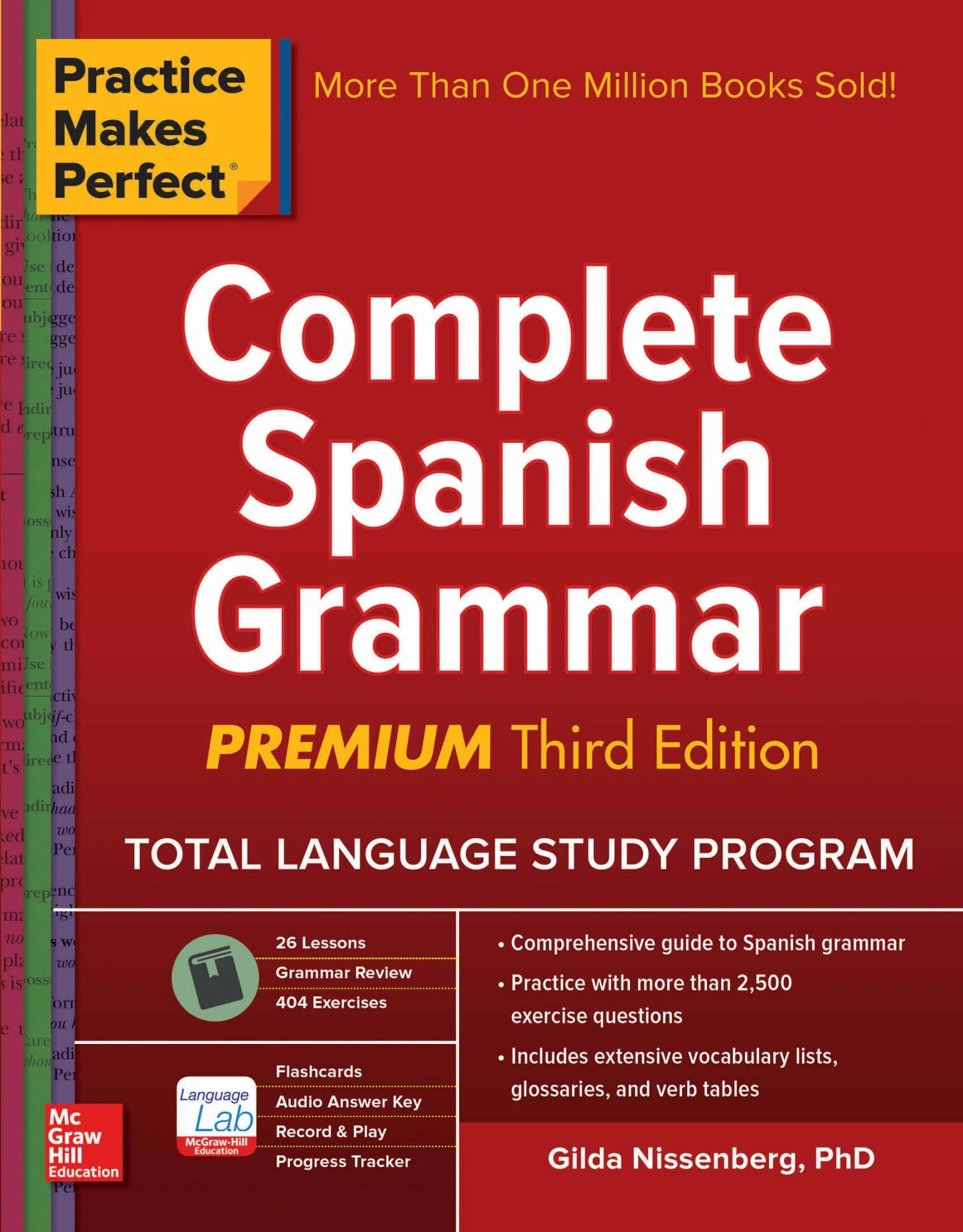Alright, so the other day I found myself in a bit of a linguistic pickle. I was trying to explain, in Spanish, that I needed to “throw away” a bunch of old stuff. You know how it is when you’re decluttering – you’ve got your pile of “keep,” “donate,” and then the big one: “chuck it.” But how do you actually say “chuck it” or “throw away” when you’re aiming for Spanish? It’s not always a straight one-for-one translation, as I’ve learned many times over.

My Little Expedition into Spanish Verbs
My first instinct, as it often is, was to try and mentally translate it literally. “Throw” can be “lanzar” or “tirar” in some contexts, like throwing a ball. But “lanzar la basura” (launch the trash?) sounded a bit too dramatic for simply putting old newspapers in the bin. So, I knew I had to do a bit of digging. I fired up the computer and started my usual process: looking at examples, trying to get a feel for common usage, not just a dictionary definition. I wasn’t just after a word; I wanted to understand the nuances.
What I Dug Up: The Main Contenders
It turns out, like with many common phrases, there are a few good ways to say “throw away,” and the best one often depends on the specific situation or even the region.
The first one that kept popping up was tirar. This seems to be a very common, all-purpose verb for “to throw away.” For example, “Voy a tirar estos papeles viejos” (I’m going to throw away these old papers). Simple, direct. I could easily see myself using this in everyday situations. It felt like a good, solid starting point.
Then I came across botar. I read that this one is particularly common in many parts of Latin America. It has a similar meaning to tirar. So, “Puedes botar esto por mí?” (Can you throw this out for me?). It felt a tiny bit softer or more informal to my ear, but that could just be me. Good to have options, especially if you’re interacting with speakers from different regions.
If I wanted to sound a bit more formal, or perhaps in a more “official” context, the verb desechar seemed to fit the bill. This is more like “to discard” or “to dispose of.” For instance, “La empresa decidió desechar el equipamiento obsoleto” (The company decided to discard the obsolete equipment). Probably not what I’d use when asking my kids to take out the trash, but useful nonetheless.

And another really useful phrase I found was deshacerse de algo, which translates more broadly as “to get rid of something.” This felt very practical. “Necesito deshacerme de toda esta chatarra” (I need to get rid of all this junk). This one felt like it captured the intention behind throwing something away really well – the act of becoming free of it.
My Real-World Test Run
So, armed with this new knowledge, I was actually able to put it into practice pretty quickly. I was clearing out the garage – a task I’d been putting off for ages – and my neighbor, who is originally from Mexico, came over. I proudly said, “Estoy tratando de deshacerme de muchas cosas que ya no necesito, y voy a tirar la mayoría.” He understood perfectly, and we even had a bit of a laugh about how much stuff one can accumulate. It felt good to use the new vocabulary and have it land correctly.
Later, I was helping a friend from Colombia sort through some items, and she kept saying “esto lo podemos botar” for things to be binned. It was great to hear it used so naturally in conversation. It really helps cement these words when you hear them from native speakers in a real context.
My Final Thoughts on ‘Throwing Away’ Words
So, what did I learn from this little exercise? Well, it reinforced that language is rich and varied. For a simple concept like “throw away,” there isn’t just one magic word. It’s more about having a toolkit.
- Tirar: This is my go-to, general-purpose word now. Solid.
- Botar: Definitely keeping this one in mind, especially for conversations with folks from Latin America.
- Desechar: For when I need to sound a bit more formal or be more precise about “discarding.”
- Deshacerse de: Excellent for expressing the idea of “getting rid of something.”
It’s always a journey, isn’t it? You start by looking for one thing, and you end up learning a whole lot more. It’s these little discoveries, these nuances, that make the process of learning a language so interesting. It’s not just about memorizing lists; it’s about understanding how to use the words, how they feel. And that, for me, is what makes it stick. One discarded item, and one new phrase at a time!

